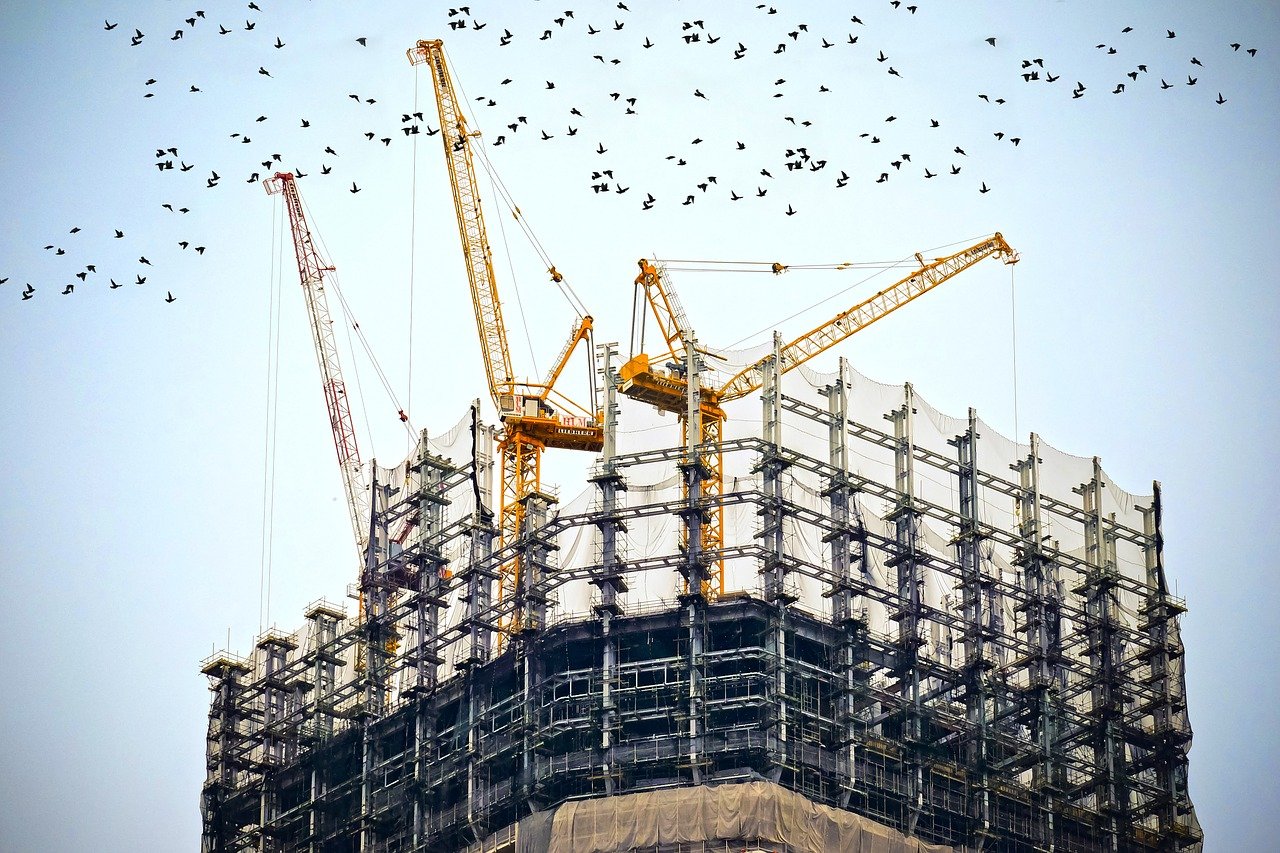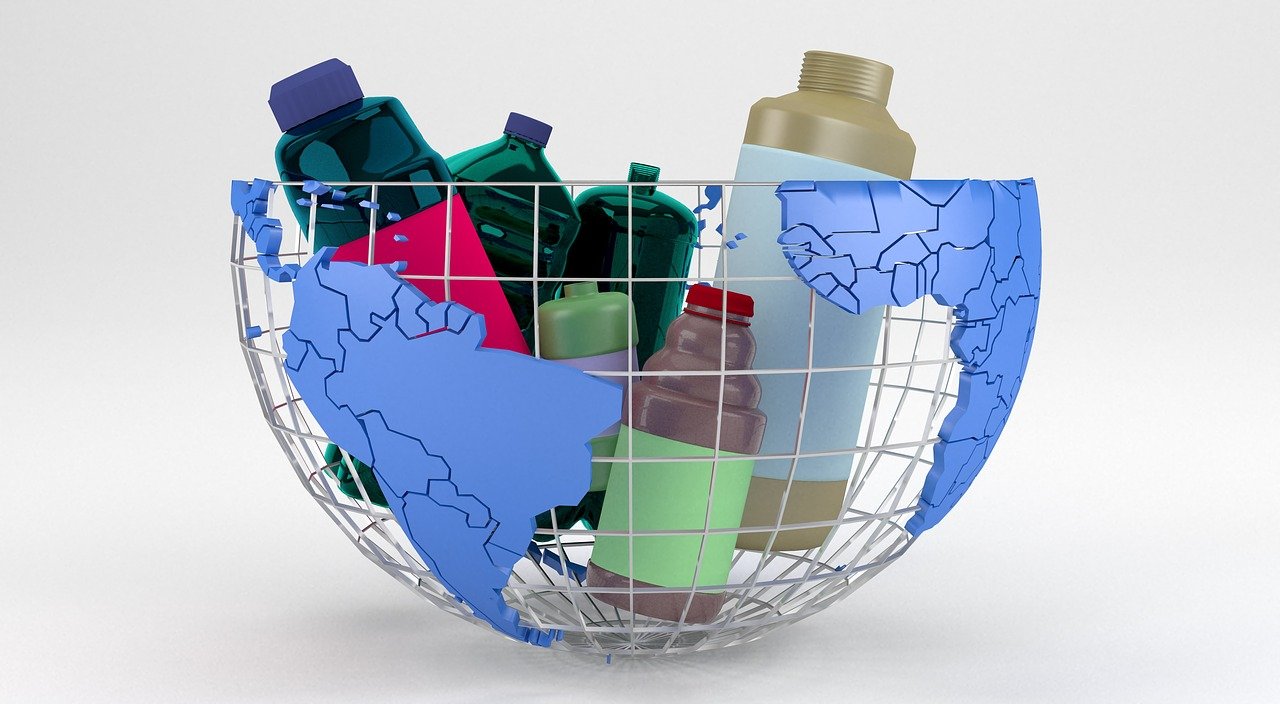EPR policies under development in Asia Pacific
by Jianhong Hu at 15:51 in Packaging, Content, Emerging
This blog is part of a wider series from Lorax EPI, taking a deep dive into the current and future landscapes for packaging extended producer responsibility (EPR) regulations on a global scale.
Due to the uneven social and economic development in the Asia Pacific region (APAC), the EPR legislation progress in APAC presents a large variety. This post will focus on those territories with developing EPR systems. To learn more about territories with passed EPR, read our post here.

China
Steady progress has been made toward implementing EPR policies in China, but there are still no mandatory collection targets or fee schedules.After the revision of the 'Solid Waste Law' in 2020, a legal framework has been established for EPR for packaging and single-use plastics (SUPs). Product and packaging take-back obligations are meant to be imposed by a mandatory recycling catalogue, however, this catalogue has not yet been published.
Along the lines of EPR, an implementation plan for beverage composite packaging was released by the National Development and Reform Commission. It requires local authorities to implement EPR for beverage composite packaging by 2025.
Also, there is a trial reporting requirement for SUPs: retailers, e-commerce platforms, express delivery and takeaway businesses are required to report the use and recycling of non-degradable SUP products to the county-level government Department of Commerce. As of now, a national level reporting portal has been developed for registration and data collection.
India
Under the current rules, producers are required to register with State Pollution Control Board or Central Pollution Control Board, submit an action plan for plastic waste management (PWM) and report the achievement on a quarterly basis.To clarify EPR implementation, a draft uniform framework was proposed in 2020. So far there is no progress reported for this new framework but a revision of the PWM EPR regime is considered imminent.
Singapore
After the EPR regulations have been put in place, producers in Singapore commence packaging data collection from 2021 for the reporting deadline in 2022. For now, Singapore EPR progress is still at the mandatory reporting stage without financial contribution obligations. Producers are also obligated to develop and implement a 3R plan (Reduce, reuse, recycle), and then submit it with the packaging data through National Environmental Agency (NEA) portal. The 3R plan represents a progress update or report card on the company's plans to reduce, reuse or recycle packaging within the next three years.

ASEAN (The Association of Southeast Asian Nations)
Plastic waste has been a major concern of Southeast Asian countries as of late. In May 2021, ASEAN published an action plan for the next five years to combat marine plastic waste. This plan proposes 14 actions to reshape the plastics value chain, such as developing a regional EPR guidebook for establishing a legislative framework; regulatory principles for SUP phase-outs; a technical manual for packaging design, etc.Nevertheless, this is more like a voluntary commitment for member states, so there is no solid indication of when and how these countries may implement plastic packaging EPR.
New Zealand
To date, there are 14 accredited voluntary schemes with about 350 participating producers in New Zealand to manage their products and packaging waste. However, due to the low participation and recovery rates, the government has passed further regulations to issue six "Priority products" categories, including EEE and plastic packaging. "Priority products" are subject to mandatory product stewardship, and producers of these products are obligated to participate in Ministry-accredited product stewardship schemes. This means that the introduction of "Priority products" has shifted the New Zealand packaging EPR from voluntary to mandatory. for plastic packaging in particular.

EPR regulations come with packaging compliance and reporting, which can become rather difficult when so many schemes in one region operate so differently from each other. Lorax EPI offers a comprehensive service, using our in-house, cloud-based software, which relieves the reporting burden for companies that have EPR obligations. We maintain detailed records of the reporting requirements of compliance schemes around the world and work with businesses to ensure that all EPR reports are submitted correctly and on time.
If you are interested in knowing more about our software and reporting services, please contact us to talk to one of our consultants today.
 Click here to receive regular updates on blog posts, webinars, and regulatory changes directly to your inbox
Click here to receive regular updates on blog posts, webinars, and regulatory changes directly to your inbox

